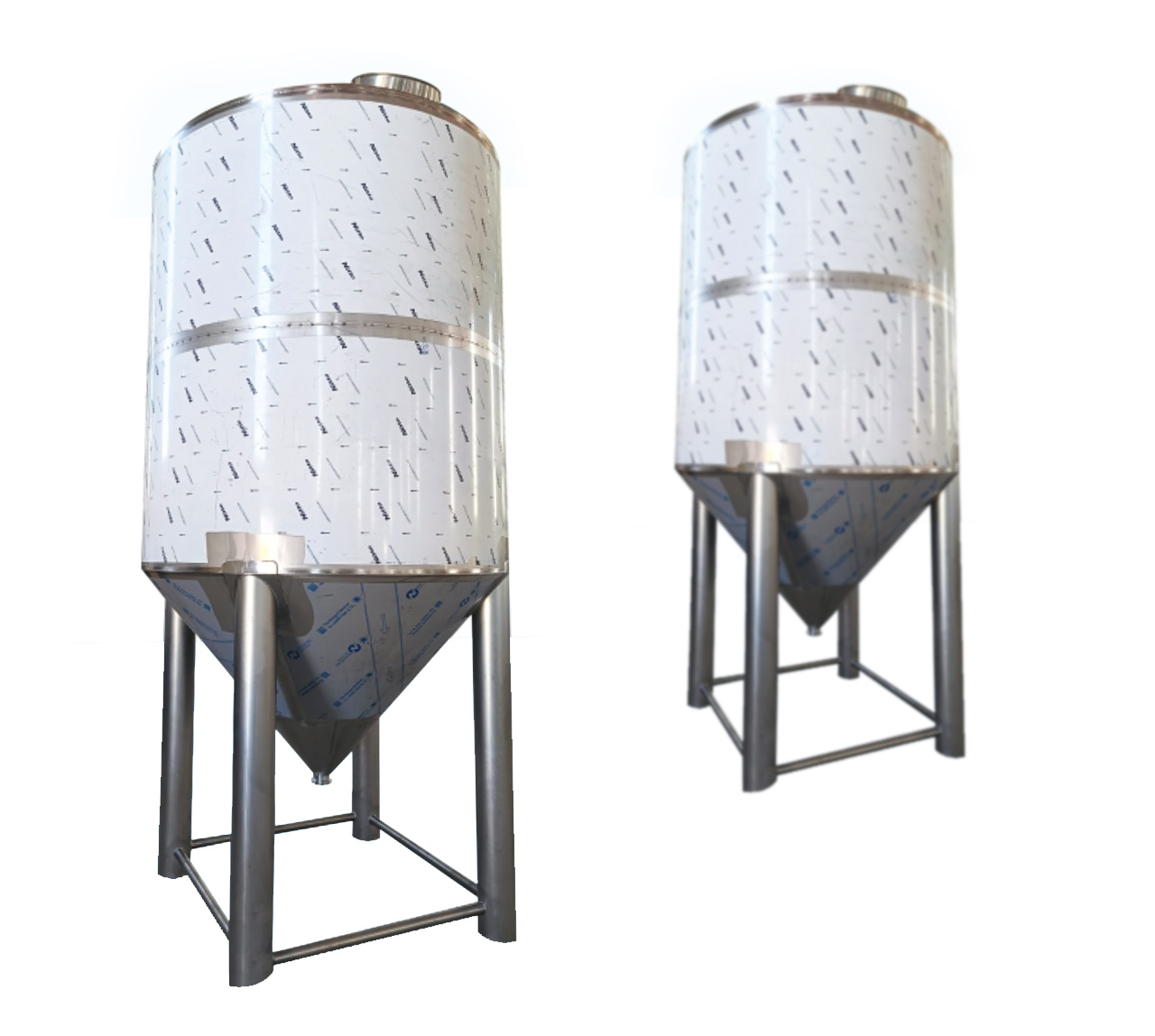Fruit juice tanks are important equipment used in the production, storage, mixing and ripening processes of fruit juices. Especially for companies producing on an industrial scale, long-lasting and efficient tanks that comply with food safety standards have a critical role.
Production
» Concentrate Mixing Tank
» Flavor Tank
» Wort Tank
» Mill Sub Tank
» Cip Automation Tank
» Syrup Tank
» Dilution Tank
» Fructose Tank

General Features
Material Quality:
Tanks are generally manufactured using 304 or 316 stainless steel. Stainless steel is preferred for its food compatibility, chemical resistance and resistance to rust.
Coating and Insulation:
Some tanks are insulated to minimize heat changes. Optionally, the inner surfaces are made completely smooth with special polishing processes, thus preventing microbial growth.
Capacity:
Different volume options are available from 100 liters to 50,000 liters, from small-scale production to industrial capacities.
Heating and Cooling:
Tanks are usually equipped with a cooling jacket or heating system to keep the temperature of the fruit juice under control. This feature is critical for the fruit juice not to ferment or lose its vitamin values.
Mixing and Homogenization:
The mixer systems inside are designed to mix fruit juice concentrates homogeneously and prevent sediment formation.
Hygiene and Cleaning:
Easy cleaning is provided with CIP (Cleaning in Place) systems suitable for the food sector. The inner surface of the tanks offers the opportunity to use in a sterile manner without compromising the quality of the fruit juice.
Areas of Use
Fruit Juice Production:
Storage, pasteurization and sending of fresh fruit juices to packaging lines.
Concentrate Storage:
Dilution and homogenization of fruit juice concentrates.
Fermentation and Mixing:
Used in the preparation of fermented beverages (e.g. kombucha or fermented fruit juice).
Cold Storage:
Extension of shelf life by cooling fruit juices.
Advantages
Hygienic Storage: Stainless steel surfaces preserve the quality of the juice and do not react with any harmful substances.
Long-Lasting Use: Stainless steel is resistant to physical impacts and chemical corrosion.
Temperature Control: Heat and cold control mechanisms ensure that the product preserves its vitamin values.
Environmentally Friendly: Made from completely recyclable material.
Things to Consider When Choosing a Tank
Capacity: Tank sizes appropriate to production volume should be determined.
Temperature Control: Whether a cooling or heating jacket is needed should be evaluated.
Hygiene Standards: Compliance with food safety certificates should be checked (e.g. ISO 22000, FDA approved stainless steel).
Mixing Needs: If the fruit juice must be homogenized without sediment, mixing equipment should be taken into consideration.
Automation: Automation systems suitable for the production line should be preferred.
